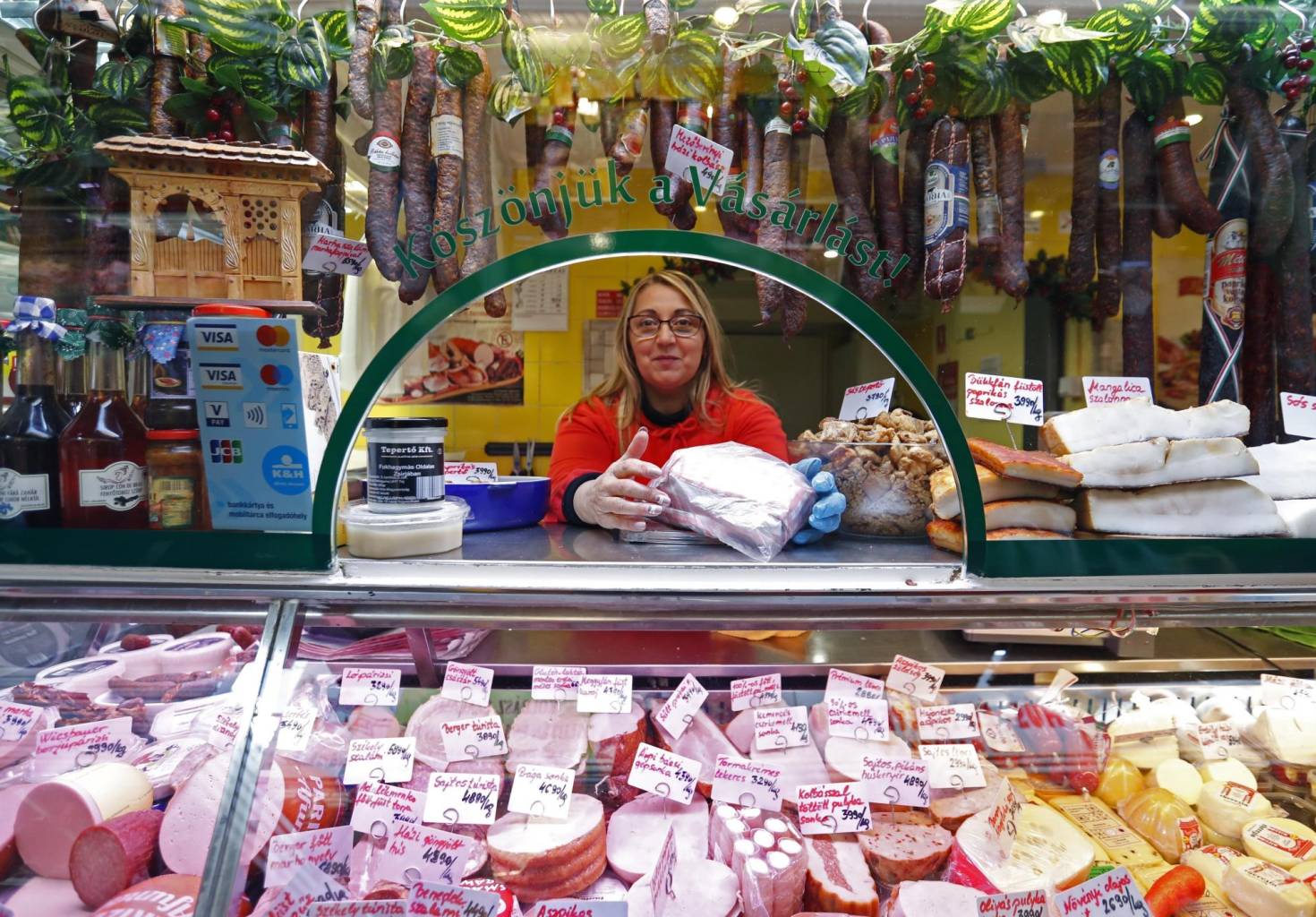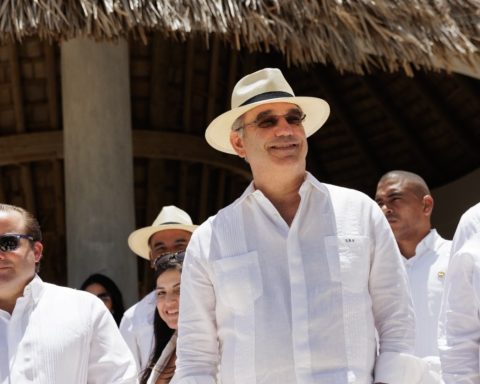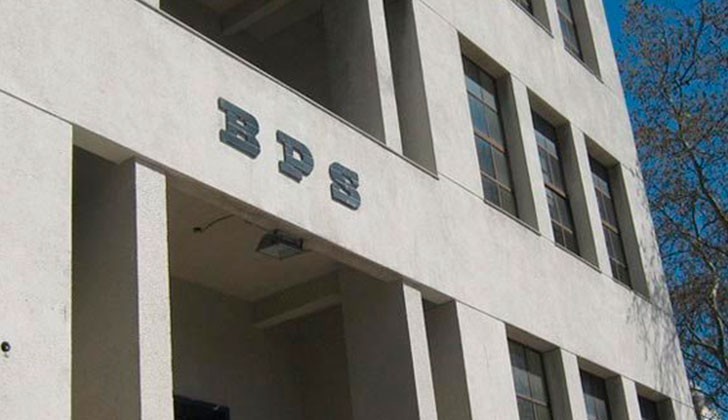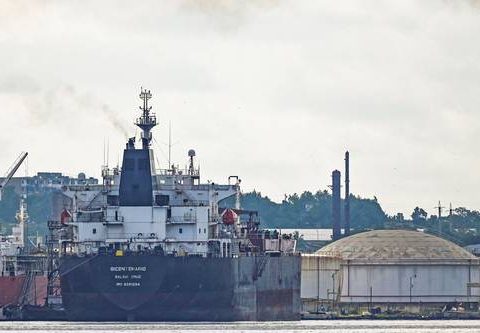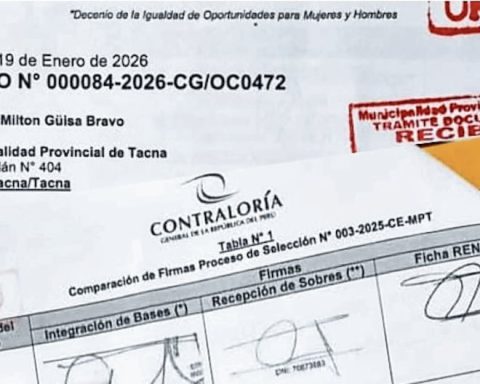From appliance stores in the United States to food markets in Hungary and gas stations in Poland, skyrocketing consumer prices fueled by high fuel costs and supply chain problems are creating problems for households and businesses throughout the world. equal.
Rising inflation is leading to increases in the prices of food, gasoline and other products and forcing many to have to decide between spending more of their funds or tightening their belts. In developing economies, the situation is especially dire.
“We have noticed that we are consuming less,” said Gabor Pardi, who was shopping at an open-air food market in Budapest, the Hungarian capital, after buying a bag of fresh vegetables. “We try to buy the cheapest and cheapest, even if it doesn’t look so good.”
Almost two years after the start of the COVID-19 pandemic, the economic impact of the coronavirus pandemic, the economic impact of the crisis continues to be felt even after countries emerged from harsh lockdowns and consumer demand recovered. What’s worse, a new surge in infections is causing renewed restrictions in Europe and other parts of the world.
The repercussions are being felt in central and eastern Europe especially hard, where countries have some of the worst inflation rates in the European Union and people go through jobs buying food and fuel.
A butcher at the food market in Budapest, Ildiko Vardos Serfozo, said she has seen a drop in business, with customers choosing to shop at chain stores that offer discounts for those who buy in bulk.
“Buyers are price sensitive and therefore often leave us behind, even if our products are of high quality. Money decides, ”he said. “Inflation is not good for us … I am glad that my children do not want to continue in the family business, I do not see much future in it.”
In neighboring Poland, Barbara Grotowska, a 71-year-old retiree, said outside a Warsaw discount supermarket that she has been hit hard by garbage collection payments, which have nearly tripled to 88 zlotys ($ 21). . She also regretted that the cooking oil she uses has risen by a third to 10 zlotys ($ 2.40).
“That’s the real difference,” he said.
The recent surge in inflation has taken business leaders and economists around the world by surprise.
In the spring of 2020, the coronavirus battered the global economy: governments ordered lockdowns, businesses closed their doors or cut hours, and families stayed home. Companies prepared for the worst, canceling orders and deferring investments.
In an effort to prevent a global economic catastrophe, rich countries – most notably the United States – introduced trillion-dollar government aid, an economic mobilization on a scale not seen since World War II. Central banks also cut interest rates in an effort to revive their economies.
But those efforts to stimulate economies have had unintended consequences: As consumers gain more confidence to spend the money they had received through government assistance or low-interest loans, and vaccination campaigns encouraged people to return. to restaurants, bars and shops, the increase in demand put the capacity of the suppliers to the test.
Ports and a storage yard were suddenly overwhelmed with shipments and prices began to rise as supply chains came to a standstill – especially as new COVID-19 outbreaks forced ports in Asia to close at times.
The rise in prices has been drastic. Inflation in the United States rose to 6.2% in October, its highest level since 1990. The International Monetary Fund forecasts that world consumer prices will rise 4.3% this year, the largest increase since 2011.
